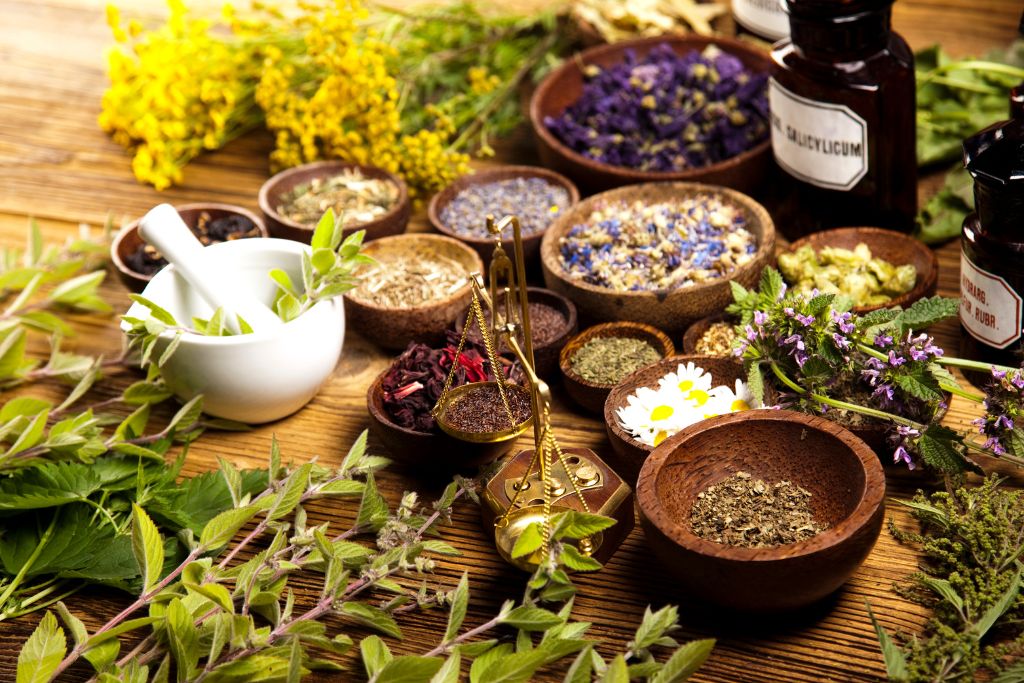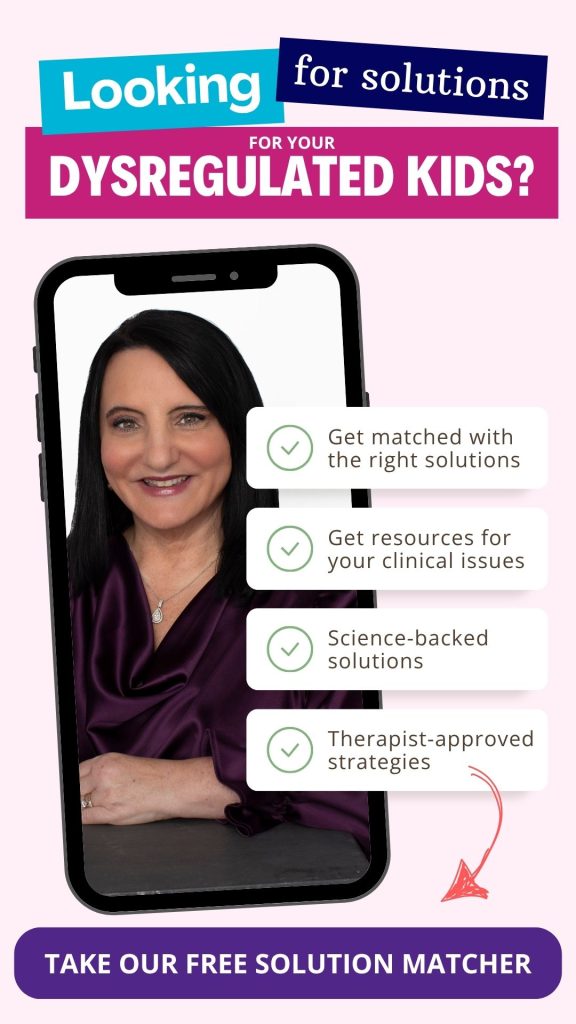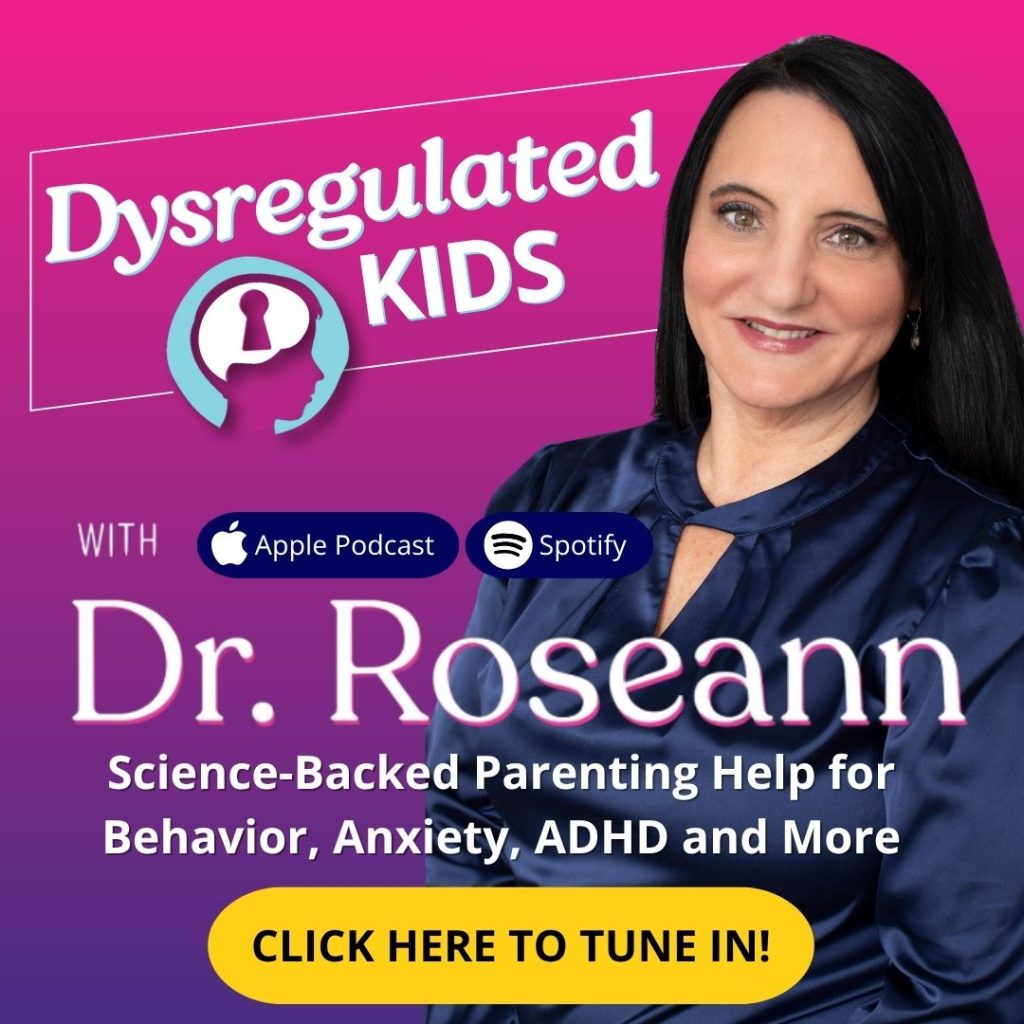If your child’s behavior feels like a rollercoaster lately, you’re not imagining it. Emerging research shows that everyday herbs for wellness—including turmeric, chamomile, garlic, basil, and cinnamon—can help calm brain inflammation, reduce stress hormones like cortisol, and gently support focus and emotional balance through the power of food-based healing.
What are herbs for wellness and why they matter?

Herbs for wellness are everyday spices and botanicals used not just for flavor but for mental and emotional support. These include:
- Turmeric for inflammation‑related anxiety
- Chamomile for stress relief and sleep
- Garlic, cinnamon, basil for blood sugar, cognitive clarity, antioxidant protection
They matter because chronic inflammation, digestive ups and downs, or immune stress often underlie dysregulated behavior. Herbs can gently support all of these—calming the brain, boosting focus, and lowering irritability.
How can turmeric and chamomile support anxiety and sleep?
Yes—turmeric’s active compound, curcumin, fights inflammation linked to anxiety and low mood, while chamomile’s flavonoids soothe the nervous system
- Golden milk or smoothies with turmeric + black pepper
- Chamomile tea in the evening for rest and relaxation
- Chamomile-infused blends (with lavender or lemon balm)
Maria, mom of a 13‑year‑old with anxiety and meltdowns, started nightly chamomile tea. Within a week, her son slept better and tantrums dropped by half. Takeaway: Gentle routines plus herb support can shift rhythms.
Can garlic, cinnamon, and basil help reduce brain fog in neurodivergent kids?
Yes—these herbs help stabilize blood sugar, reduce oxidative stress, and improve brain blood flow, which supports executive function and mood regulation:
- Garlic eases inflammation and supports circulation
- Cinnamon balances glucose and reduces fatigue
- Basil (including holy basil / tulsi) has adaptogenic and anxiolytic properties
How to use:
- Sprinkle cinnamon in oatmeal or yogurt
- Use fresh basil pesto or chopped basil on meals
- Add garlic (raw or cooked) into soups or dressings
Jenna, parenting a 10‑year‑old with ADHD and brain fog, added cinnamon and fresh basil to lunch meals. She noticed two weeks later that her daughter was less scattered and more steady in mood. Small daily additions can yield steady change.
Are there safe ways to give these herbs to children?
Absolutely—with care, dosage, and professional guidance.
- Start low: e.g. ½ tsp turmeric or cinnamon in food
- Use organic herbs, especially for children
- Introduce one herb at a time
- Always consult your pediatrician, especially if your child is on medication or has a medical condition
Some adaptogenic herbs (like ashwagandha or rhodiola) may interact with thyroid or high blood pressure medications—so medical clearance is important.
Brain Science Spotlight
Recent research from the National Institute of Mental Health found that chronic low-grade inflammation in the brain—measured by elevated cytokines—correlates with emotional dysregulation and executive functioning challenges in children. Dr. Emily Chen, lead author in Neuropsychopharmacology, explains: “Inflammation can impair prefrontal cortex function, making self-regulation much harder.” When inflammation disrupts this brain mechanism, children may become impulsive, reactive, or scattered.
What this means for your family: Herbs like turmeric and basil, which support anti-inflammatory pathways and antioxidant defenses, help calm brain circuits so children can better regulate emotions and actions.
When should I check in with my doctor before trying herbs?
Check in if:
- Your child has allergies, autoimmune conditions (like PANS/PANDAS), or takes medications
- You’re considering adaptogenic supplements (ashwagandha, rhodiola, ginkgo)
- You’re using herbs like milk thistle or echinacea in supplement form
Sandy’s 12-year-old with autism used garlic tablets and basil tea for behavior support—but after starting a new medication, she consulted her MD. The doctor adjusted timing and dosage safely. Coordination with a medical provider keeps it safe.
💡 Dr. Roseann’s Therapist Tip
In my clinical practice, I’ve learned that regulation starts with rhythm, not rules. Here’s what I tell parents: build gentle rituals around wellness herbs—like chamomile wind‑down tea or turmeric golden milk after dinner.
Try this today: choose one herb ritual and commit to it for 10 days.
Why it works: consistent routines cue your child’s brain toward calm integration. Remember: It’s not bad parenting—it’s a dysregulated brain.”
Frequently Asked Questions About Wellness Herbs
Can these herbs replace medication for ADHD or anxiety?
Herbs can support regulation but are not a substitute for recommended medical treatments. They work best when integrated with therapy, coaching, and doctor guidance.
Is it safe to give turmeric or cinnamon to young children?
Yes, in small food‑safe doses. Start with ¼ to ½ tsp spices in meals. Always use organic and watch for digestive upset and of course check with your physician.
How do I know if an herb is actually helping?
Track help with a simple journal: note mood, sleep quality, focus, tantrum frequency before and after using the herb for 10–14 days.
Can herbs cause side effects in kids?
Generally mild, but possible—like stomach upset with garlic or allergies. Stop use and consult your child’s doctor if symptoms arise.
Citations:
Jamshidi N, Cohen MM. The Clinical Efficacy and Safety of Tulsi in Humans: A Systematic Review of the Literature. Evid Based Complement Alternat Med. 2017;2017:9217567. doi: 10.1155/2017/9217567. Epub 2017 Mar 16. PMID: 28400848; PMCID: PMC5376420.
Kawatra P, Rajagopalan R. Cinnamon: Mystic powers of a minute ingredient. Pharmacognosy Res. 2015 Jun;7(Suppl 1):S1-6. doi: 10.4103/0974-8490.157990. PMID: 26109781; PMCID: PMC4466762.
Dr. Roseann is a mental health expert in Neurodivergence who is frequently in the media:
- Yahoo!Life Anxious and On-Edge? MDs Share the Best Supplements to Tame Stress Naturally
- The Hero Show Natural Solutions for Children’s Mental Wellness
- Brentwood Home Optimize Slumber – Enhance Sleep Naturally
Always remember… “Calm Brain, Happy Family™”
Disclaimer: This article is not intended to give health advice and it is recommended to consult with a physician before beginning any new wellness regime. *The effectiveness of diagnosis and treatment vary by patient and condition. Dr. Roseann Capanna-Hodge, LLC does not guarantee certain results.
Are you looking for SOLUTIONS for your struggling child or teen?
Dr. Roseann and her team are all about science-backed solutions, so you are in the right place!










